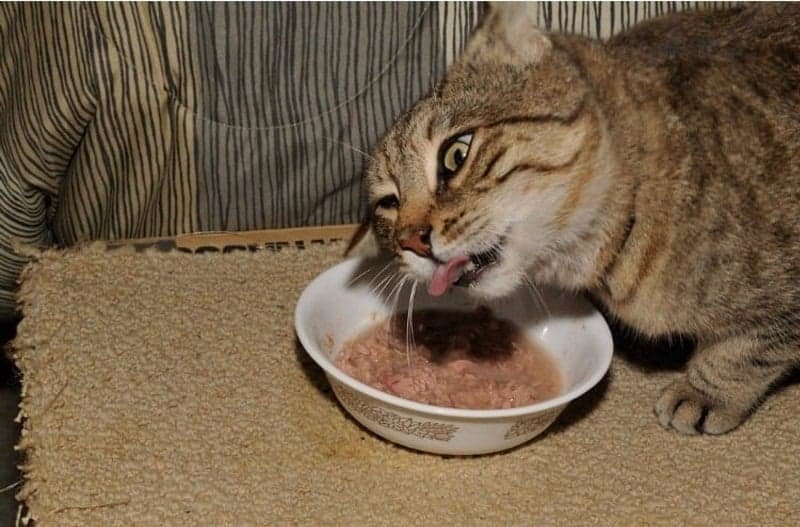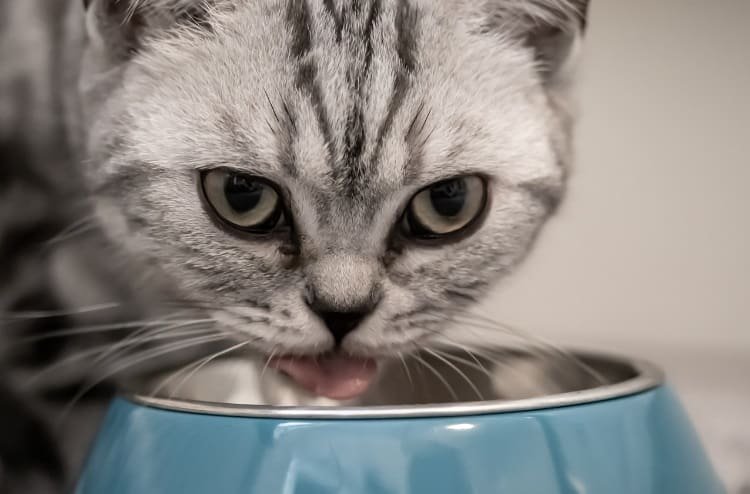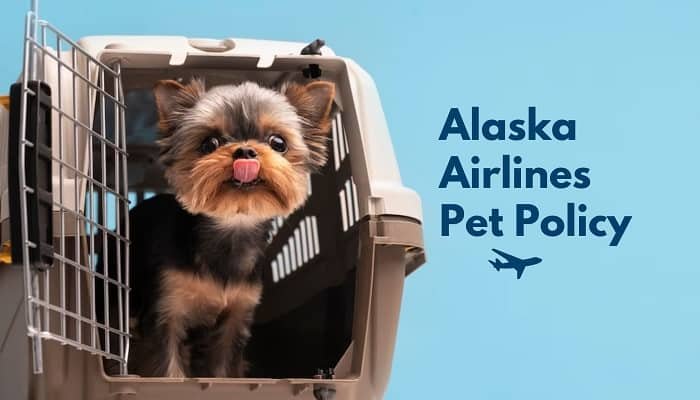Understanding Your Cat’s Digestive System: How to Ease Stomach Discomfort

An upset stomach is a common problem in pets. The condition can occur due to a variety of reasons. Sometimes it may also lead to vomiting in cats. This condition can be occasional for some cats, while in some it can be a recurring problem.
Cats may suffer from stomach aches or indigestion after consuming their meals. It can happen when you offer your cat new food or food that is not fresh. Contaminated food and water are also common causes of indigestion and upset stomachs in cats. Let us explore more about the cats’ digestive systems and ways to ease their stomach discomfort.
Digestive System in Cats
The digestive system of cats consists of similar organs to humans. It not only helps digest foods and absorb nutrients but also contains trillions of beneficial bacteria known as the microbiome. A digestive system with a balanced microbiome supports a cat’s immune system, optimizes digestion, and maintains a lustrous coat and overall health.
Read also, How To Treat A Dog Stye At Home Very Easily
Reasons for Cats’ Upset Stomach
Although there can be multiple reasons for a cat’s upset stomach, the most common are internal parasites. Yes, parasites are common in kittens and young cats. In addition, food allergies and intolerance are also possible reasons for indigestion.
Gastrointestinal disorders, hyperthyroidism, and kidney diseases are some other reasons for upset stomachs and vomiting in cats.
Here are some common reasons for an upset stomach in cats.
- Bacterial infections
- Ingestion of a toxic substance
- Parasites
- Food allergy
- Food intolerance
- A serious condition such as organ dysfunction, or inflammatory disease
- A side effect of a medication
- Hairballs
Regardless of the reason, there are treatments for all these conditions. All you need is to visit your veterinarian as soon as you notice the symptoms such as stomach ache, indigestion, or vomiting in your cat.

How to Ease Stomach Discomfort in Your Cat
Let us explore some easy tips to ease the stomach discomfort of your cat.
1. Make sure your cat consumes food
It is important for your cat to consume food regularly. Even if your cat does not love to eat, it should not stay empty stomach for prolonged hours. Living hungry for more than 24 hours can lead to a fatty liver disease that can be potentially fatal for your cat.
What you can try when your cat does not eat
- Warm its food in the microwave for 20 to 30 seconds, the warmth and smell of the food will make it appear more appetizing.
- If you have been feeding dry food to your cat, try feeding canned food.
- Try to make the experience more pleasant for your cat, by adding some flavors and using different colors of bowls while feeding her.
If your cat does not eat for 48 hours, you should take it to a veterinarian for diagnosis.
2. Give her a bland diet
Veterinarians usually recommend a bland diet for pets with an upset stomach. A bland diet is designed to offer your cat all the essential nutrients required for recovery. It includes foods like white chicken meat mixed with cooked rice that offers the right balance of carbohydrates and protein. If your cat suffers from indigestion, you should ask your vet about the foods you can feed to your cat.
3. Make her Fast for a day
When a cat’s stomach is upset, nothing can soothe it more than offering some rest. This is what cats living in nature do, as they have no access to doctors or medicines. They lose their appetite for a few hours and eat again when they feel better. You can make your cat fast for 8 to 12 hours and offer her canned or dry food when it feels better.
4. Keep her on anti-nausea medication
You may wonder why your cat is vomiting after consuming its meals. If your cat has been vomiting multiple times within a day, you need to visit your veterinarian immediately. An anti-nausea medication recommended by a vet can be given orally or in the form of an injection. Anti-nausea medications help stop vomiting within one or two doses. However, you need to consult your vet before offering any medicine to your cat.
5. Visit your veterinarian
Although you can try changing foods or medicines already prescribed by your vet, visiting your veterinarian is the perfect solution. If you notice symptoms of upset stomach or indigestion in your cat, take it to your vet immediately. Your vet may conduct a diagnosis of the condition to determine the underlying issue that helps them offer the right treatment for your cat.
6. Give prescription cat food
If your cat suffers from fiber-responsive diarrhea, try adding more fiber to its diet. You can add brewers rice, psyllium husk seed, and B vitamins, canned pumpkin to its food. In addition, you can add a prescribed fiber supplement to your cat to add fiber to its diet.

Check Hydration
If your cat is vomiting, or suffering from diarrhea, it is losing plenty of fluids. It is important to monitor the hydration levels in the body. You can check it by pulling the skin over the shoulder and seeing how fast it gets back into its original position.
If the skin pulls back immediately, your cat is well hydrated, but if it delays while getting back, your cat needs hydration. Offer your cat water every half an hour and consult your veterinarian for prescribed fluids.
Conclusion
Domestic cats’ digestive systems are delicate, and you need to take care in case of indigestion, or upset stomach. Extreme care may be required in case of vomiting, a stomach infection, or a chronic medical condition. Therefore, it is essential to consult a qualified veterinarian for proper diagnosis and treatment for your feline friend.





